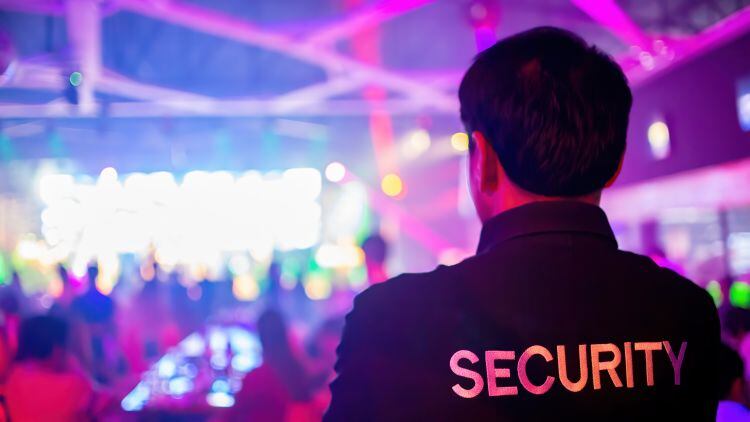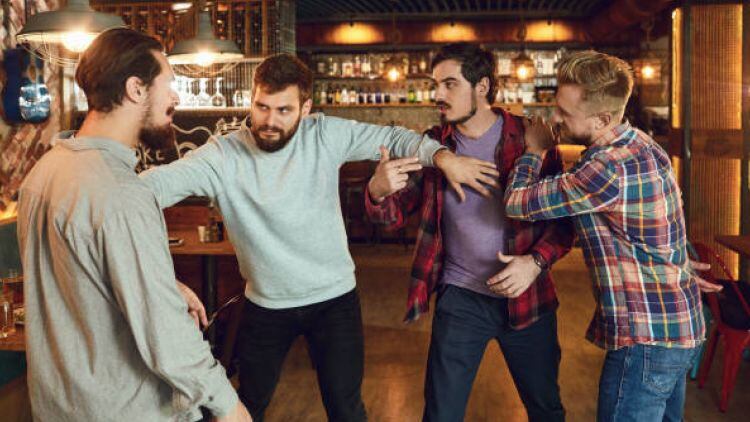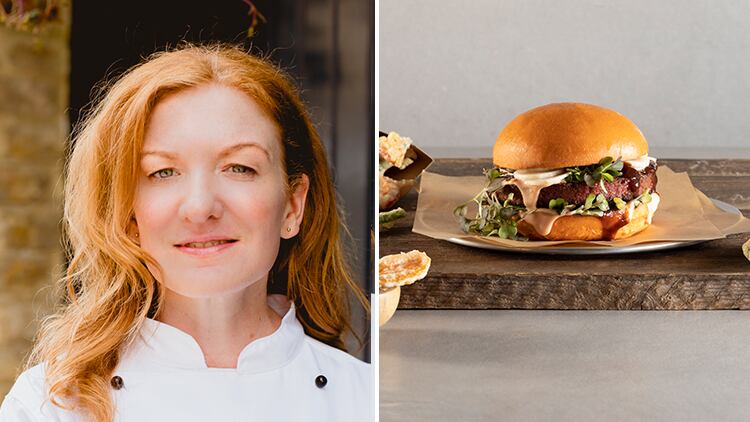A sharp rise in reports of spiking via drinks and needles has sparked campaigns to boycott nightclubs until they have been made safer for club-goers.
Chief executive of Rekom UK Peter Marks said his company could better communicate the safety measures in place at clubs to combat a culture of fear that has “vilified” the industry.
The night-time trade been has treated “as if we don’t care”, when clubs are “probably a safer bet [than other venues] if you get into trouble”, said Marks, with Rekom UK spending about one third of door admission income on security and medics.
Marks added: “People have been calling for searches, and I’m thinking, well we do that; ‘we think that there should be metal detectors’, we do that.
“[…] If we've had one failing, is that we haven't done a good enough job of telling people what we've got in our business to help protect them.”
He continued: “We have security, we have full searching, we have metal detection arches, we have medics, we train our staff to look for people who are in trouble, we have policies such as We Care, and Ask for Angela.
“Our door staff are trained so that if people are leaving the club, and they look like they shouldn't be with the person, or they might be walking out on their own, the staff are trained to deal with them.
“If there's a single woman who looks like she's in trouble, or lost, we'll put her in a taxi. We have female door staff, because they're more approachable.”
Party hard and stay safe
Rekom is engaging in talks with student bodies to boost awareness of safety measures. Marks said: “If people aren’t hearing, or seeing or understanding it, we’ve got to put that right.”
Co-owner of London-based Phoenix Arts Club Kenneth Wright said late-night venues do “everything and more” to keep people safe.
He said: “It’s in our interest to make our venues as safe, and as welcoming and as comfortable as possible; and to give our customers a good time, and for them to leave the venue safely."
For Wright, the real risk was the journey home. He said: “It’s taxi ranks, it's late-night food outlets, it's late-night buses and public transport. The risk is greater in that area than it is in a well-secured and well-managed venue.
Wright said it is very much down to police commissioners, mayors and councils to ensure the feeling of safety doesn't just vanish.
“The later hours are the greater risk hours, and should have more police officers then than perhaps dealing with people cementing themselves to road surfaces on a Friday afternoon on the M25”, he said.
Terror amongst students
An anonymous student at Durham University, which reported 167 cases of spiking in recent weeks, said students were “a lot more cautious” when clubbing.
She said: “I have not seen a single woman carrying around a drink, and I think people are getting way less drunk than they would, just because people are terrified.”
Chief executive of the Night-Time Industries Association (NTIA) Michael Kill said: "Operators across the country have been working with the police, local authorities and key stakeholders, focusing on safeguarding customers, particularly women, at night.
“There is a lot that we as a sector are already doing to try to tackle drink spiking, particularly around staff training, searching protocol, incident procedures and welfare/medical provision.
"Our industry takes these incidents very seriously, and we want to be clear, if anyone feels they have been spiked or are feeling vulnerable to approach the staff or management within the venue and they will ensure you receive the appropriate medical attention and support."




